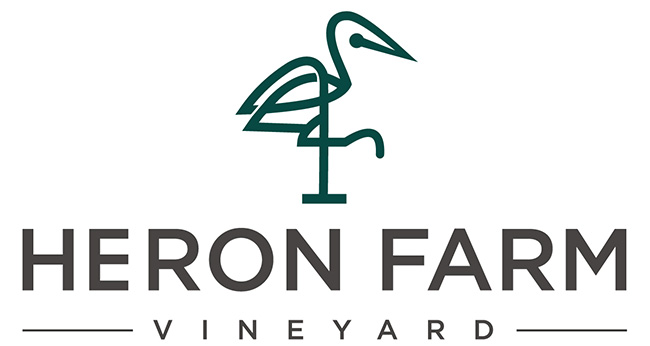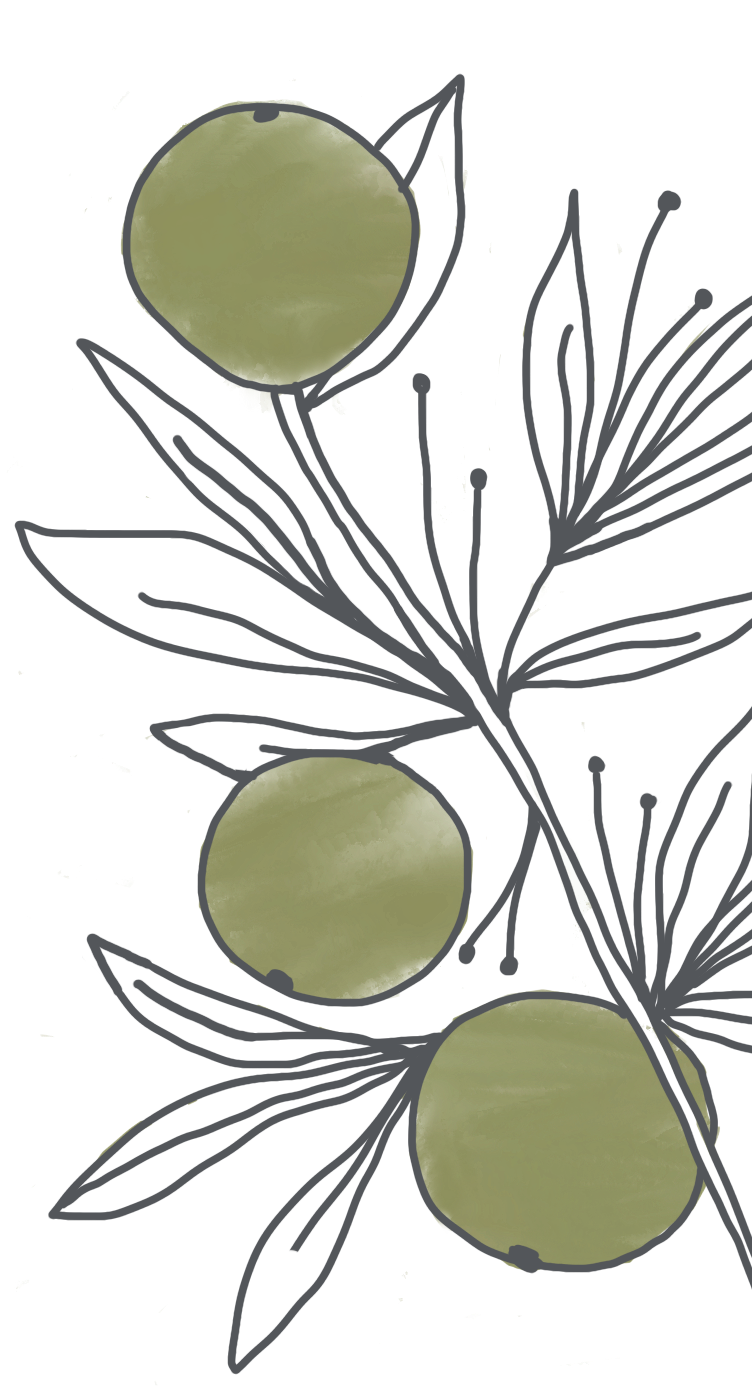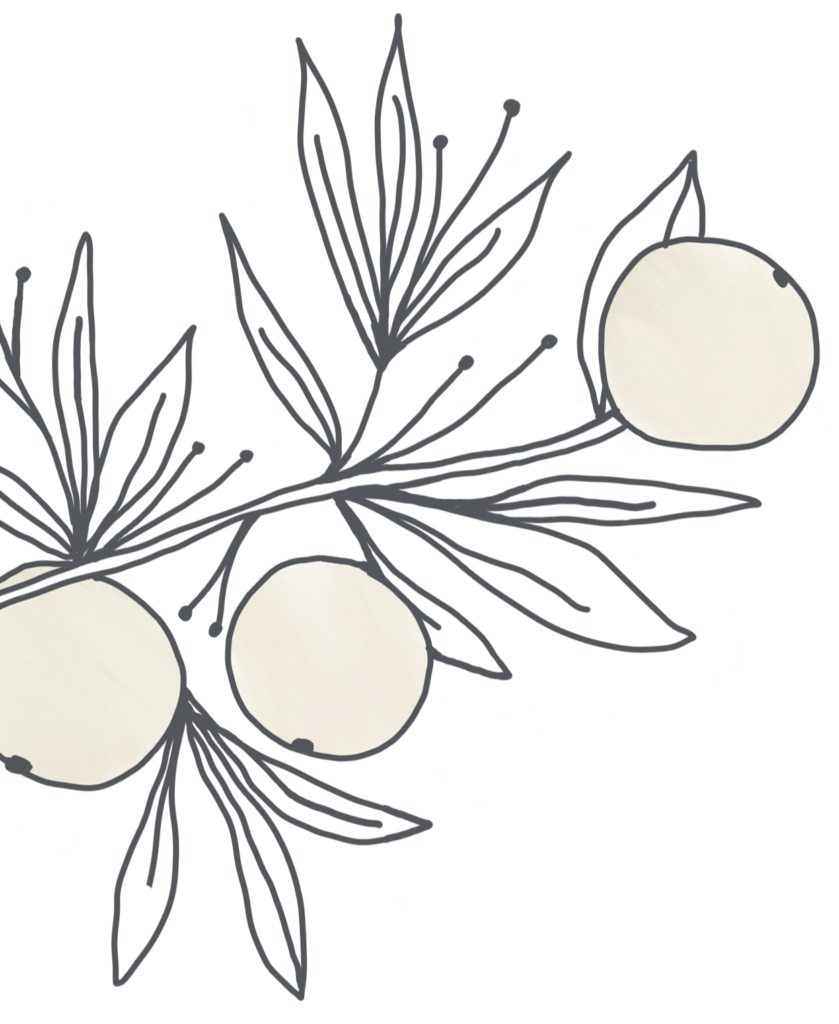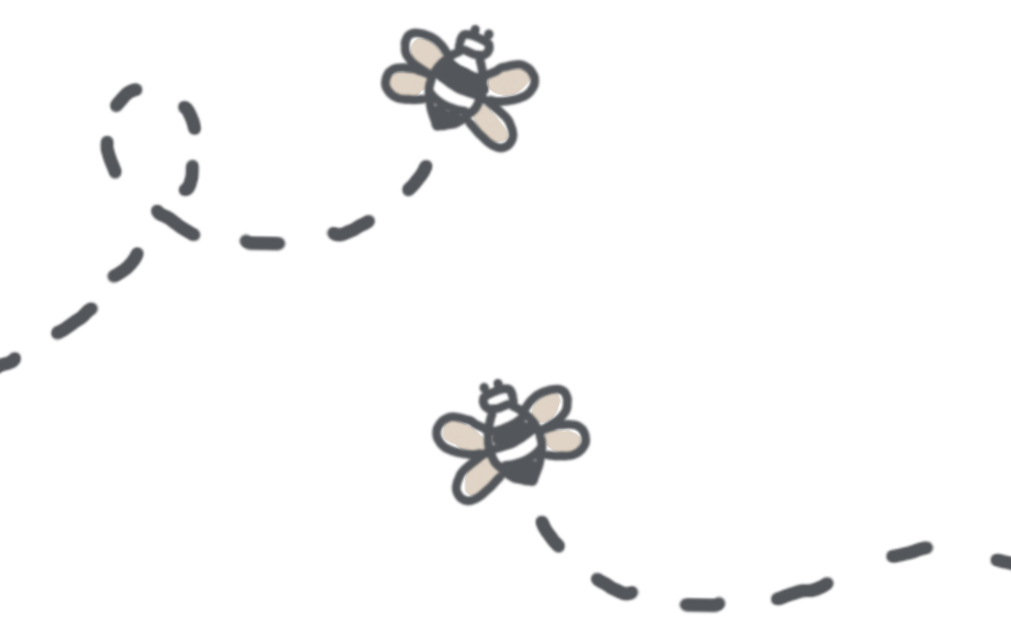As a vineyard in Devon, one of the most important moments for us each year in our grapevine’s annual lifecycle is the onset of ripening, when the grapes turn from green to red and naturally begin to sweeten. The French call this process veraison (“verr-ray-zohn”). Having stripped the vines in the last two weeks here at Heron Farm, we are starting to see this happen across the vineyard, readying for harvest in a few weeks.
Veraison also occurs in our white grapes, but without the colour changes–white grapes simply become more translucent.
Veraison is very much the tipping point in a grapevine’s annual lifecycle. It’s when the vine alters it’s focus from energy creation to energy consumption, where it concentrates its energy into making sweet grapes.
The changing color (anthocyanin) and development of other polyphenols act as protectors to the grapes from sun, wind and other stresses.
Following the onset of veraison, the ripening process then takes anywhere from 30–70 days for the grapes to become fully ready to make wine!

Vines Change at Veraison
Before veraison, wine grapes are small, hard, highly acidic, and green-colored from the presence chlorophyll.
When veraison starts, the vine starts to transport its energy stores from the roots into the grapes. The chlorophyll is replaced by anthocyanins (red grapes) or carotenoids (white grapes), sugars, and other nutrients.
After veraison, the grapes begin to dramatically increase in size as they accumulate sugars, and start to develop aroma compounds.
Also during this time, the acid levels begin to fall in the grapes. Acids continue to fall and sugars continue to rise until the grapes are perfectly in balance and ready to be harvested.
For winegrowers like us, veraison is an important time because it signals a change in the way we care for our vines.
To learn more about our grapes, vines and our vineyard in Devon why not book one of our wine tours before the end of the season or nab yourself or a loved one a gift voucher for next year!

